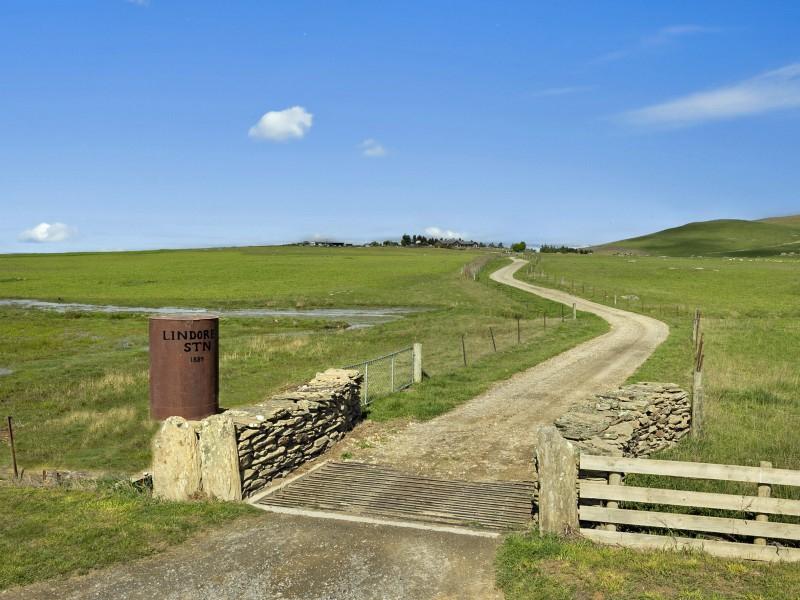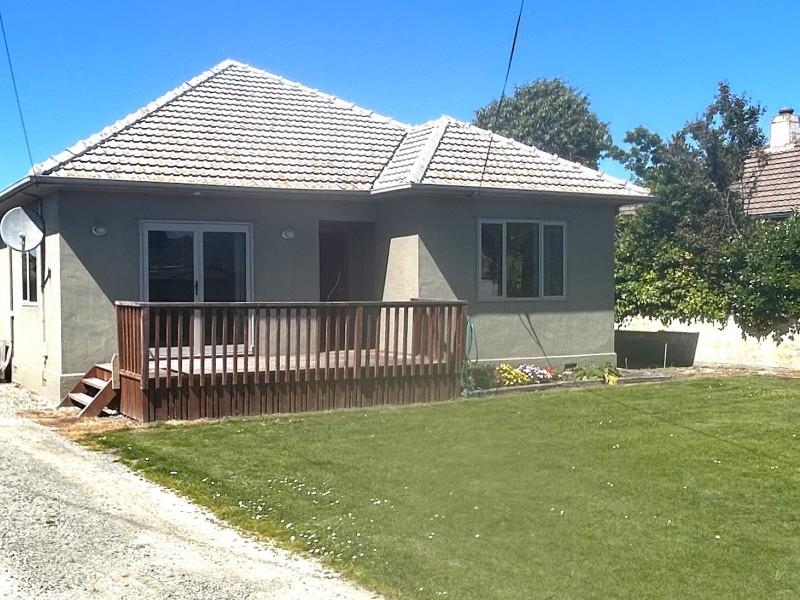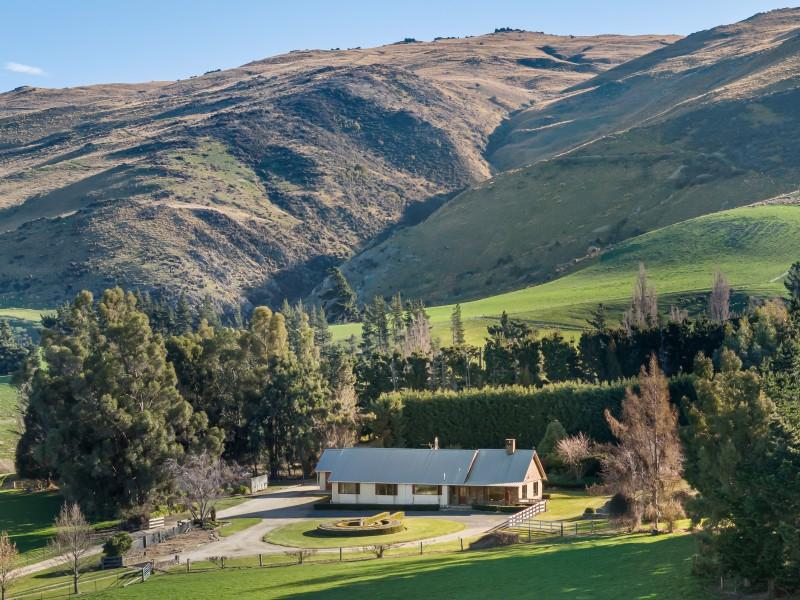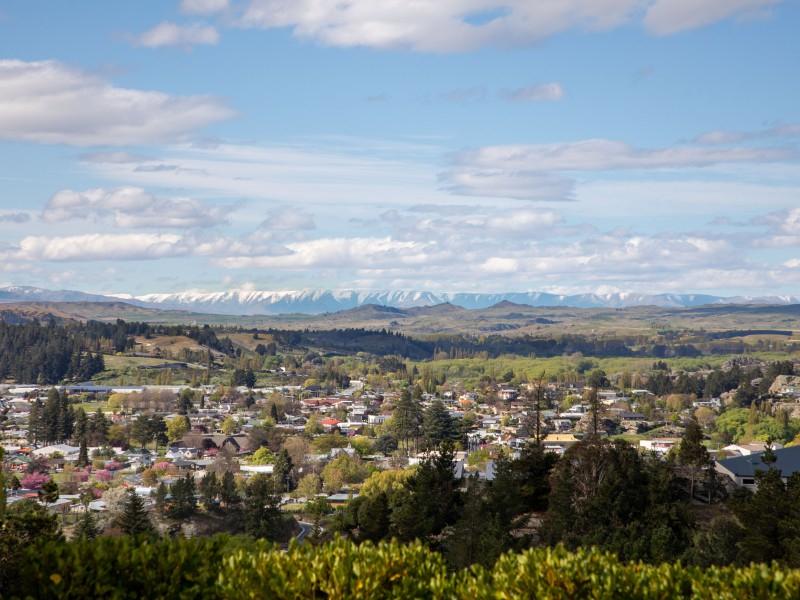Proposal put forward to make developers in Queenstown and Wānaka pay for affordable housing
The Queenstown Lakes District has taken the first step to force developers to contribute to community housing in an effort to combat an affordability crisis.
The region is already considered a leader in developing affordable housing within New Zealand after creating the Queenstown Lakes Community Housing Trust in 2007.
Now the Queenstown Lakes District Council has become the first regional authority to propose a mandatory contribution on all housing developments under the district plan.
Under the proposal, known as “inclusionary zoning”, all residential subdivisions in urban areas would be required to contribute 5% of the estimated sales value of serviced lots or, for those with more than 20 lots, a 5% land contribution.
The 25 apartments are among the first of up to 4000 Housing Minister Megan Woods hopes will go through the $400m Progressive Home Ownership scheme.
Residential subdivisions in larger lifestyle blocks would contribute 1% and a contribution for units would be calculated according to floorspace.
Residential flats, social or affordable housing and retirement villages would be exempt.
During a council meeting to begin the process of including the provisions in the proposed district plan, mayor Jim Boult said housing affordability was the most difficult issue the council faced.
The proposal would go through a public submission process and likely be contested by developers in the Environment Court.
Proceeding with the plan was a “watershed development”, but the council should continue to look at other mechanisms to increase the supply of affordable housing, he said.
Economist Shamubeel Eaqub, who helped author the plan, said house prices in Queenstown increased by 40% in the last two years, in a house market that was already “extremely hot”.
Real Estate Institute of New Zealand figures released on Thursday showed the median house price in the district to be $1.2 million in July.
The council needed to increase housing supply and target housing towards people on lower incomes to ensure equitable supply, Eaqub said.
“The housing market is pretty broken whatever we do, so we need to pull on all the levers at the same time,” he said.
Councillor Quentin Smith said the average household income to house price ratio in the district was an “extraordinary” 17.2 to 1 – about 3.5 times higher than the New Zealand average.
“The average household earner in this district could never own the average house under the current model.
“This won’t be an easy process, but we need to try,” he said.
Cr Niamh Shaw said similar inclusionary zoning operated in London, Melbourne, Whistler and Aspen.
Community Housing Trust executive officer Julie Scott said the council had been negotiating a form of inclusionary zoning with developers for about 20 years.
The first deed was signed in 2003 with the Jacks Point developers and covered about 5% of the subdivision value. Of that, about $4m was used to buy land at Lake Hayes Estate and build 27 homes.
In Shotover Country it received enough land to build 44 homes.
Under the Housing Accords and Special Housing Areas Act developers were required to pay contributions of up to 12.5% in the district. The Act has since been repealed.
Inclusionary zoning was behind the trust’s success, Scott said.
“We are the envy of every other community housing provider in the country.”
The trust has helped 243 households into housing and had a waiting list of nearly 800 households.
It has developed 109 homes through inclusionary zoning and has 215 in the pipeline across the district – the majority achieved through inclusionary zoning.
The proposed plan change would formalise the process.
Kinloch resident John Glover told the council the zoning would be a tax and was “really quite perverse”.
“What you’re actually doing is taxing those who are actually providing housing.”
Business and tourism operators whose rapid growth in the district was a significant factor underlying the housing shortage should be part of the solution, he said.
Many ski fields were having their best year ever, but they were not being asked to pay under the policy.
He doubted the policy would fit within the scope of the Resource Management Act and said it would cost hundreds of thousands of ratepayer dollars to defend in courts.
Instead, the council should use the Rating Act to raise money and support the trust.
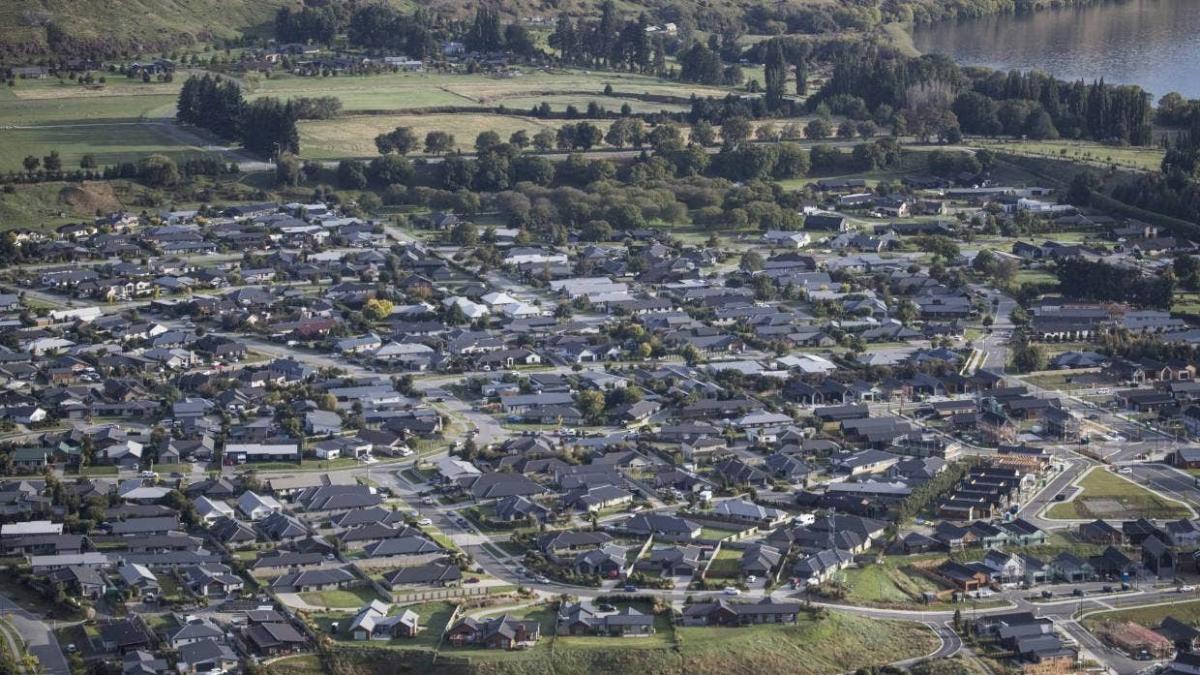
What's your favourite tomato recipe?
Kia ora neighbours. We know your tomato plants are still growing, but we're looking ahead to the harvest already! If you've got a family recipe for tomatoes, we'd love to see it and maybe publish it in our magazine to share with our readers. Send your recipe to mailbox@nzgardener.co.nz, and if we use it in the mag, you will receive a free copy of our February 2025 issue.

Poll: Should all neighbours have to contribute to improvements?
An Auckland court has ruled a woman doesn’t have to contribute towards the cost of fixing a driveway she shares with 10 neighbours.
When thinking about fences, driveways or tree felling, for example, do you think all neighbours should have to pay if the improvements directly benefit them?

-
83.1% Yes
-
14.6% No
-
2.4% Other - I'll share below
Poll: When should the tree go up? 🎄
From what we've heard, some Christmas trees are already being assembled and decorated.
What are your thoughts on the best time to get your Christmas tree up?

-
4.7% Second half of November
-
43.5% 1st December
-
17.4% A week before Christmas
-
33.3% Whenever you wish
-
1.1% Other - I'll share below
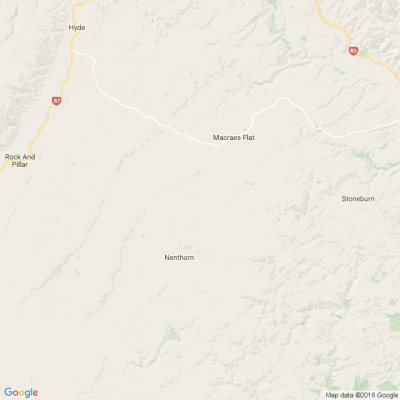
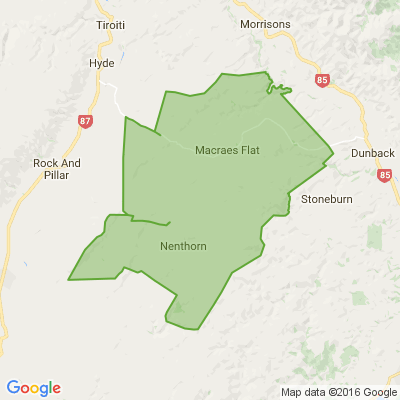




 Loading…
Loading…







